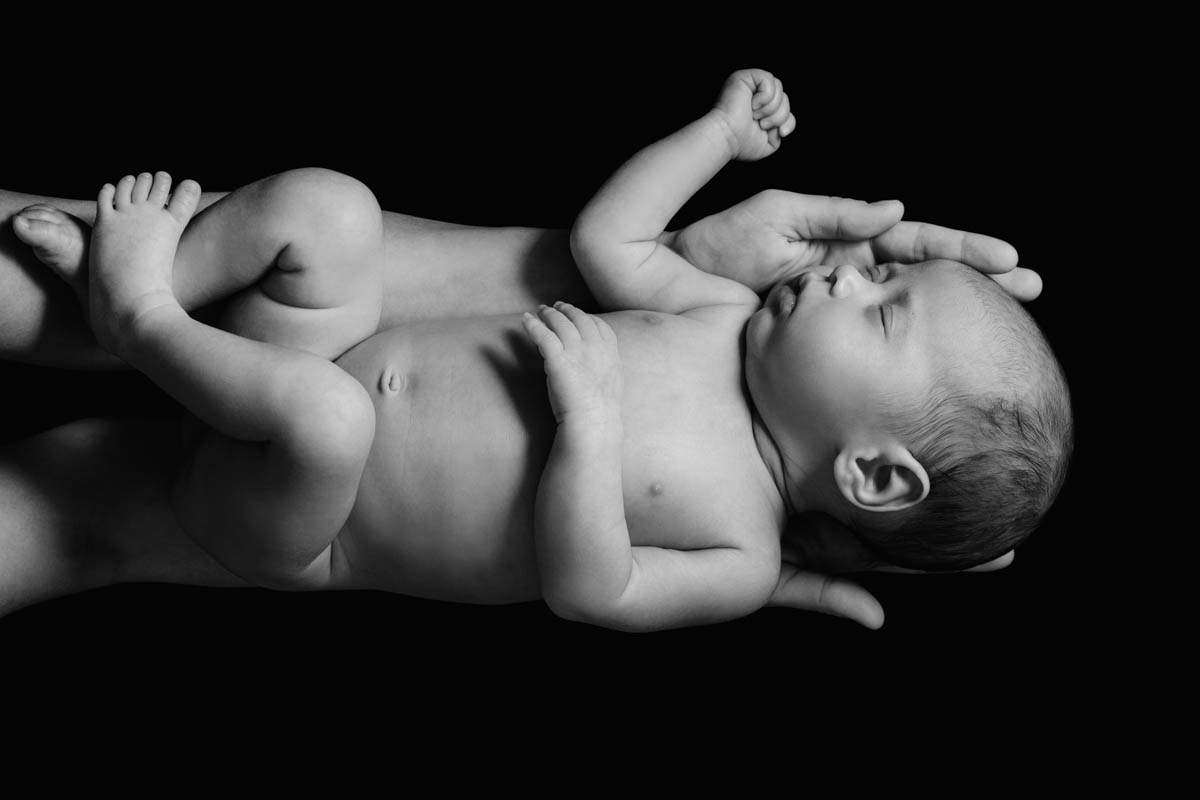 In our monthly Q&A series, Medical Forum asks WA’s health leaders the important questions affecting their profession and their patients.
In our monthly Q&A series, Medical Forum asks WA’s health leaders the important questions affecting their profession and their patients.
For the May edition, we spoke with Obstetrician Dr Pierre Smith.

MF: A little bit about you! What drew you into obstetrics?
PS: My first clinical rotation in medical school was through obstetrics. I enjoyed it, found it easy to understand and had a good rapport with the team I was assigned to. There is also something spiritual about the birth of a baby that still amazes me.
MF: COVID-19 has changed the way many doctors are practising. Have you seen anything quite like this situation and how has it impacted on you?
PS: I worked in South Africa at a time when the number of HIV/AIDS patients increased rapidly. It caused anxiety but was a lot easier to deal with than COVID-19. This pandemic seems to be a once in a generation occurrence and its rapid spread makes it very hard to contain.
Even though I have not yet seen any woman with COVID-19 (that I am aware of anyway), it has already had a major impact on how we work.
We have had to split our practice into three teams working alternate shifts from our consulting rooms at SJOG Mt Lawley and SJOG Subiaco. This has caused significant disruption for both staff and patients but we are happy that we can still work and care for our patients. We spend a lot of our time implementing social distancing, changing appointments and wiping down surfaces after every patient visit.
MF: Are there any indications that the virus impacts pregnant women more severely than the general population?
PS: There is currently no evidence that it does. Our knowledge, however, is limited to small case series and case reports. There are theoretical concerns in pregnant women due to their reduced lung function, increased oxygen consumption and changed immunity.
MF: Obstetricians and midwives are important to every pregnant woman in routine circumstances, how important are those antenatal ‘visits’?
PS: The current system of antenatal visits used in Australia and around the world is based on long-term evidence. Women who do not attend antenatal visits are at increased risk of pregnancy complications including maternal death and stillbirth.
Controlling the COVID -19 pandemic is very important, but it has to be carefully balanced with the potential harm of reducing antenatal visits. I see women less frequently in the first and second trimesters and have reduced the visit frequency of low-risk multiparous women in the third trimester.
MF: Good communication, too, is a mark of good obstetric care. How has the messaging changed during these times?
PS: Because the number of consultations has been reduced, communication is more challenging. Consultations take a lot longer in order to deal with COVID -19 related concerns and there are less consultations to establish trust and rapport and fit in essential elements of care.
We rely heavily on our receptionists and midwives to assist and complement our care. Electronic communications such as email, text messages, Facebook and our website are utilised to assist us in this regard.
MF: Babies will continue being born. Are there any higher risks associated with natural and/or c-sections? Is decision making altered in any way around these issues due to COVID-19?
PS: Unless there are contra-indications, a vaginal birth is safer for mother and baby. The virus does not appear to spread vertically and amniotic fluid in women infected with COVID-19 tested negative for the virus.
The risk to staff is more difficult to quantify. During a vaginal delivery, women have one-on-one care for several hours as opposed to the shorter but more intensive care received during a caesarean section.
MF: Hospitals have put in place protocols about visitors. What is happening in the labour ward in regards to clinical and family support?
PS: Currently, only one support person is allowed into the birth suite/theatre and that person is the only one who can stay with, or visit, the mother and baby after the birth.
This has caused tears and increased anxiety among patients, which was heightened after media reports suggested that birth partners could be banned from Australian birth suites and theatres.
Support people were banned from birth suites in two hospitals in New York for a couple days but it was quickly reversed after an executive order by the governor of New York banned that practice.
I cannot believe that any administrator in Australia would ever implement that and that doctors and midwives would allow that to happen here (provided that that support person is not symptomatic or known to be infectious.)
MF: With anxiety levels heightened for new parents, what is your advice to them?
PS: Whilst it appears that children under one year of age are more likely to get a more severe form of COVID-19, the absolute risk is still very small. Social distancing is very important as was practised by many parents prior to the COVID-19 pandemic. Wash your hands, do not touch your face and practise social distancing.
MF: Is the joy of a safe delivery a bit more heightened for you and your team in the COVID-19 world?
PS: I think the opposite is true as no one is quite sure what is happening and what to expect in the next few months. COVID-19 has placed a bit of a dampener on everything but the birth of a baby provides a different perspective and reminds us that life goes on!

